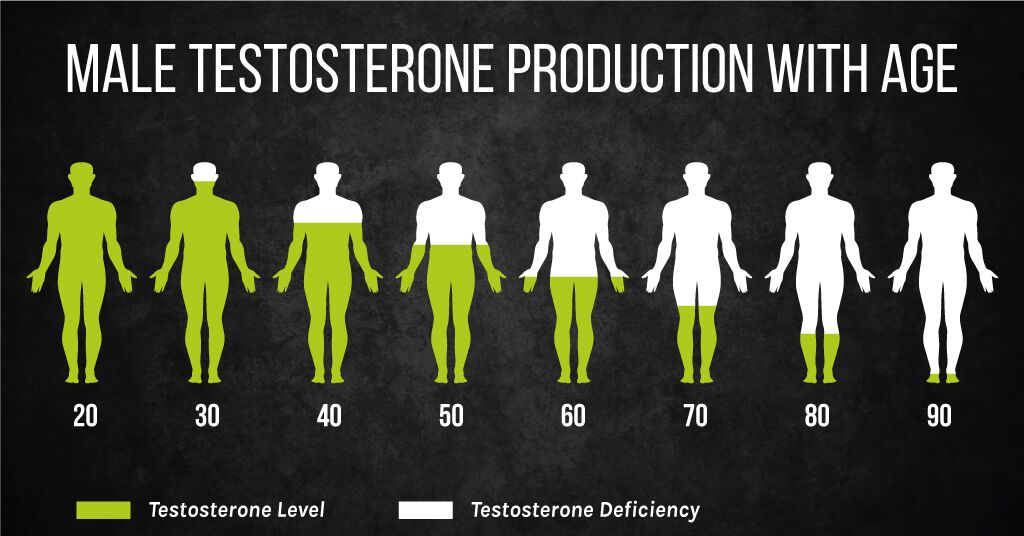
EP018 – Low Testosterone In Men
Check out Dr Jeff Fosters book here.
Visit his website here.
Some facts about low testosterone in men over 30:
- Testosterone is a hormone that is primarily produced in the testicles of men, and levels of this hormone naturally decline as men age.
- It is estimated that approximately 30% of men over the age of 60 have low testosterone levels.
- Low testosterone levels in men over 30 years old can lead to a variety of symptoms, including decreased energy, decreased muscle mass, increased body fat, and decreased libido.
- In addition to physical symptoms, low testosterone levels can also affect mood and cognitive function, leading to symptoms such as depression, irritability, and difficulty concentrating.
- Testosterone deficiency syndrome (TDS) is a medical condition that is caused by low testosterone levels and can be diagnosed through a blood test.
- The most common treatment for low testosterone levels is testosterone replacement therapy, which can be administered through a variety of methods including injections, patches, and gels.
- Testosterone replacement therapy can have side effects such as acne, fluid retention, and increased risk of blood clots and prostate cancer.
- Lifestyle factors such as poor diet, lack of exercise, and excessive alcohol consumption can contribute to low testosterone levels in men over 30.
- Certain medical conditions such as obesity, type 2 diabetes, and hypothyroidism can also contribute to low testosterone levels.
- Regular exercise, a healthy diet, and getting enough sleep can help maintain healthy testosterone levels in men over 30.
But there are long-term health implications of having low testosterone too:
Low levels of testosterone in men over the long term can have a number of health implications, including:
- Decreased muscle mass and strength: Testosterone plays an important role in building and maintaining muscle mass, so low levels of testosterone can lead to decreased muscle mass and strength over time.
- Increased body fat: Low levels of testosterone can cause an increase in body fat, particularly in the abdominal area. This can lead to an increased risk of obesity and related health problems such as heart disease, diabetes, and stroke.
- Decreased bone density: Testosterone helps to maintain bone density, so low levels of testosterone can lead to decreased bone density and an increased risk of osteoporosis and bone fractures.
- Erectile dysfunction and decreased libido: Testosterone plays an important role in sexual function, so low levels of testosterone can lead to erectile dysfunction and a decreased sex drive.
- Mood disorders: Low testosterone levels have been linked to an increased risk of depression, irritability, and anxiety.
- Cardiovascular disease: Low testosterone levels have been associated with an increased risk of cardiovascular disease, including heart attack and stroke.
- Cognitive decline: Testosterone plays a role in cognitive function, so low levels of testosterone may be linked to an increased risk of cognitive decline and dementia.
- Fatigue and decreased energy levels: Low levels of testosterone can lead to fatigue and decreased energy levels, which can impact overall quality of life.
It’s important to note that the health implications of low testosterone levels can vary from person to person and may depend on factors such as age, overall health, and lifestyle factors. If you are experiencing symptoms of low testosterone, it’s important to talk to your healthcare provider for proper diagnosis and treatment.
Like I say in the video having this treatment has been a game changer for me.
Keep It Real!
Mark Lyford
